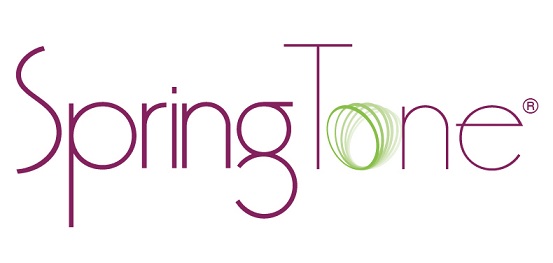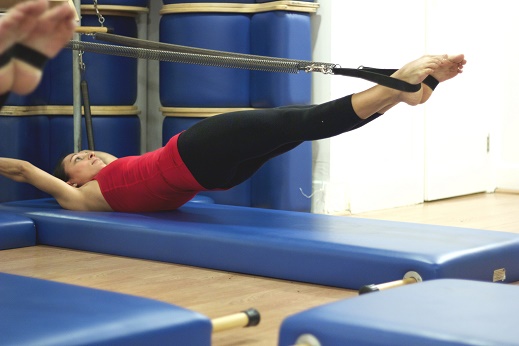Hang on folks. I’m going to make a few generalizations here. No offense intended to anyone. My intention is to get you thinking and to elevate our industry so if you don’t mind, follow me down the rabbit hole please.
A few years back in the US, boutique studios became the new normal for the fitness consumer. The big box health club began to fade away replaced with small stand-alone exercise studios focused on one type of fitness. Pilates people everywhere rejoiced. We mistakenly believed that this trend indicated more customers would be looking for our services, as Pilates is certainly one of the original forms of “boutique fitness”.
Such was not the case. What happened next, was a series of large brands with tremendous funding and corporate backing successfully executed a fitness takeover. Chains of cycling studios, yoga studios, and barre method studios flooded the marketplace drowning out Pilates studio owners with single locations. The big distinction? Group classes.
The psychology of group classes is powerful. The community and camaraderie built in group fitness is separate and apart from the culture of a personal training experience. For most Pilates professionals, our bread and butter comes from our personal training clients. We often conduct group classes simply to expose people to the method and hope to convert them to private or semi-private training. The cost and space requirements of our large equipment mean that Pilates studios are less able to compete in the group class realm. Again, I’m speaking to group classes inside a studio not a gym or health club.
About three years ago I became consumed with the idea that we could learn from these competing fitness brands. What are they doing right? I attended classes everywhere to find a common thread and below is what I discovered.
Your everyday exerciser wants two things: community and familiarity. The want to tell a story about the experience they have to the people they had it with. And they want the familiarity of a formula. A predictable routine they can recall and one that helps them measure their success.
Speaking to community, the small group classes which take place in Pilates studios certainly build community but we can’t compete with the feel of a sea of sixty or more people on bikes. As to familiarity, I have found that the formula of any given Pilates group class is somewhat random. Instructors routinely tailor the work to the group in front of them favoring customization over a predictable experience.
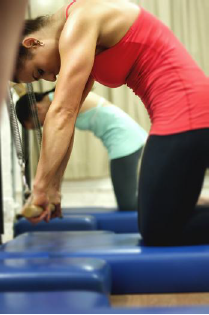 The result of this differential is there is now a muddied perception of exactly what will happen in a Pilates class. It could be a strength day, or it might be a Roll back bar day or maybe you’ll do mostly leg work. This haphazard approach yields an inconsistent experience for our clients each and every time. The worst part is we never give them the “story” to share when they leave the studio. Familiarity and formulas are an historical part of Pilates. Joseph created 34 exercises to be done in the same order each day. The Reformer progresses in the same way from starting exercises to finishing ones. Yet, when it comes to group classes in smaller studios we are missing the mark.
The result of this differential is there is now a muddied perception of exactly what will happen in a Pilates class. It could be a strength day, or it might be a Roll back bar day or maybe you’ll do mostly leg work. This haphazard approach yields an inconsistent experience for our clients each and every time. The worst part is we never give them the “story” to share when they leave the studio. Familiarity and formulas are an historical part of Pilates. Joseph created 34 exercises to be done in the same order each day. The Reformer progresses in the same way from starting exercises to finishing ones. Yet, when it comes to group classes in smaller studios we are missing the mark.
The biggest lesson in my fitness research came from a well-known barre method brand. The content of the classes was the original Lotte Berk method from many decades ago. Literally nothing had changed in the class content but with a brand new name, a new look and new language around it, the consumers couldn’t get enough. The brand has exploded and continues to grow.
So I started to think, can’t we do that with Pilates? If we didn’t change anything but repackaged it and created a new conversation about it, could we make Pilates new again?
It turns out, the answer is yes. My team and I gathered round the Tower, which has no traditional order to the exercises and set about creating a formulaic class structure. One that would deliver a powerful Pilates experience reliably and repetitively and sell Pilates in a wholly different way to a brand new crop of exercisers. The result was a Tower class we named SpringTone®.
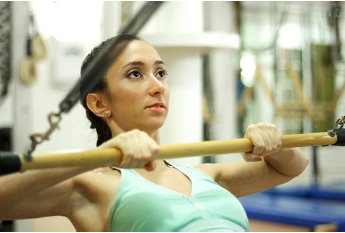 Taking a cue from other industries is key to the successful running of any business. Look around at what other companies are doing right. Ask yourself “what would it look like” if that were your business.
Taking a cue from other industries is key to the successful running of any business. Look around at what other companies are doing right. Ask yourself “what would it look like” if that were your business.
On our end, SpringTone® delivered what we had hoped for. New clients found their way into Real Pilates and classes filled up. Soon instructors started to fill in the class and we realized that this was a product we could share with Pilates studios everywhere. Today, comprehensively trained instructors can attend a weekend training course and become licensed in the class. SpringTone® continues to grow in New York and fulfill my goal, which was to create a new entry point for Pilates and give the industry a completely new audience. This structure can give Pilates studios a chance to garner new clients that might never have come in the doors. As evidence, this year, the bulk of our new private clients have started their journey by coming in to take a SpringTone® class – with a friend.
Growing consumer awareness around Pilates is vital to being a Pilates professional. We must all do our part to promote the method in whatever way possible.
For my part, I don’t care how they come to Pilates. Just that they get here.
Alycea Ungaro, NYC
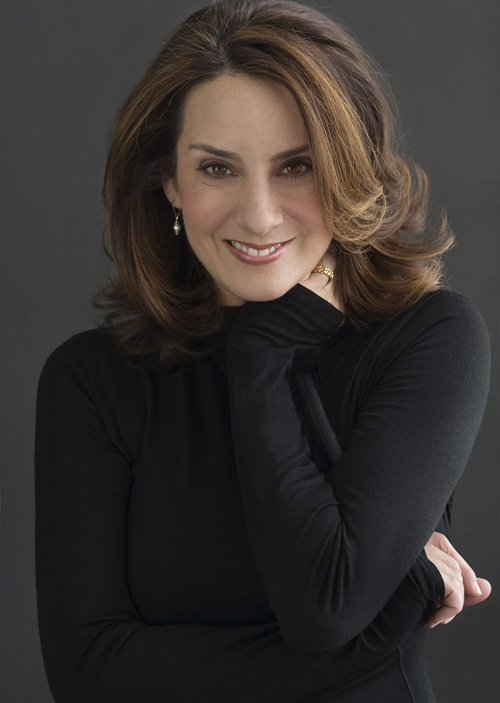 Real Pilates owner and founder Alycea Ungaro is best known for her international best-selling Pilates titles, including Pilates: Body in Motion. Alycea brought some of the very first mat classes to New York City and continues to break new ground in the Pilates industry today. As About.com’s resident Pilates expert, Alycea is also the creator of SpringTone(r), the newest Pilates group class to deliver the method to the masses. Alycea has grown her popular Pilates classes into a fitness media empire. Moving from her first multi-media project, the innovative Portable Pilates(r), Alycea wrote a series of books dedicated to educating the public about the benefits of Pilates through her books and products. She created the 15 Minute Everyday Pilates DVD (DK, 2007) and the patented Real Alignment Mat for the home exerciser before turning her focus to educational programming. Alycea and her team now offer a mentoring curriculum for teachers who are business owners as well as a comprehensive teacher training program. Her Real Pilates studio partners with studios internationally to elevate the practice and visibility of Pilates in the marketplace. Alycea teaches and presents at conferences and events worldwide and conducts sessions and workshops at Real Pilates in New York City. For more information, visit www.realpilatesnyc.com.
Real Pilates owner and founder Alycea Ungaro is best known for her international best-selling Pilates titles, including Pilates: Body in Motion. Alycea brought some of the very first mat classes to New York City and continues to break new ground in the Pilates industry today. As About.com’s resident Pilates expert, Alycea is also the creator of SpringTone(r), the newest Pilates group class to deliver the method to the masses. Alycea has grown her popular Pilates classes into a fitness media empire. Moving from her first multi-media project, the innovative Portable Pilates(r), Alycea wrote a series of books dedicated to educating the public about the benefits of Pilates through her books and products. She created the 15 Minute Everyday Pilates DVD (DK, 2007) and the patented Real Alignment Mat for the home exerciser before turning her focus to educational programming. Alycea and her team now offer a mentoring curriculum for teachers who are business owners as well as a comprehensive teacher training program. Her Real Pilates studio partners with studios internationally to elevate the practice and visibility of Pilates in the marketplace. Alycea teaches and presents at conferences and events worldwide and conducts sessions and workshops at Real Pilates in New York City. For more information, visit www.realpilatesnyc.com.
© 2014 Real Pilates & Real Pilates NYC. All Rights Reserved.

